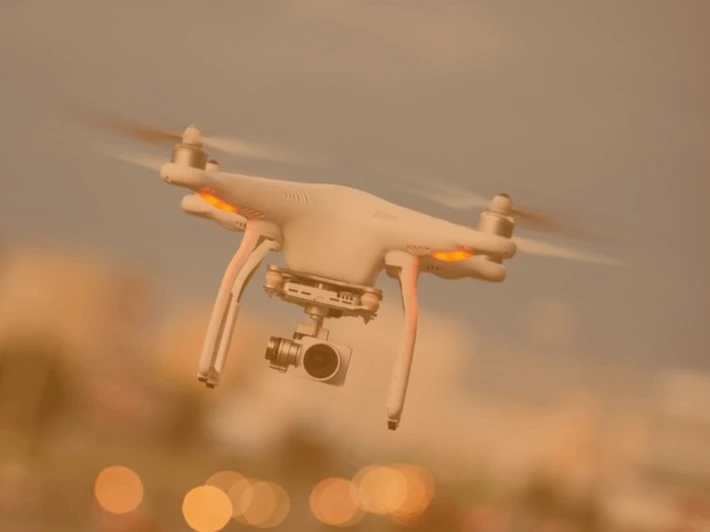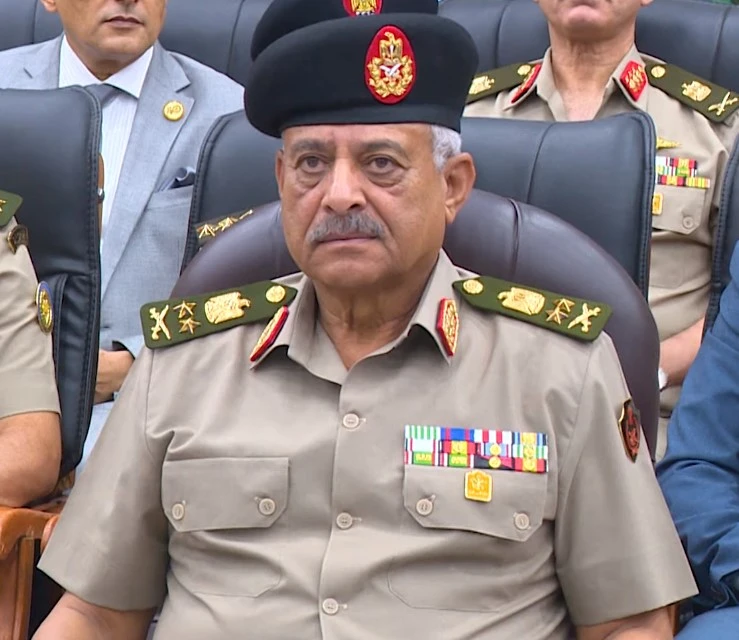Security Analysis of the Detention of an Engineering Student for Building a Drone
This is an AI-generated English translation. The original text is in Arabic.
Following the re-emergence of the story of the university student who developed and manufactured a drone for his university project and was arrested by security authorities in Egypt, there was no avoiding an analysis of this issue from the security perspective in Egypt and why such repressive actions occur continuously, reflecting a deep fear from the Egyptian regime, especially since the detained student was charged with "supporting terrorism." Additionally, the supervising university professor refused to testify on behalf of his student for fear of being implicated by those accusations.
This event, despite its apparent simplicity, reveals many security and social aspects that clearly reflect the reality of the security system in Egypt. Let us analyze the situation from a deep security perspective.
1. The Nature of the Security System in Egypt:
Egypt is a state characterized by a strict police security nature, relying on imposing security control through widespread intelligence agencies and security forces. This system often treats any unknown or unmonitored activity as a potential threat to national security. However, despite this extensive security apparatus, there is a clear fragility in the technological and organizational aspects that affect the system's efficiency.
2. Technological Weakness and Its Impact on Security:
Egypt lacks an advanced security infrastructure capable of dealing with modern technological challenges, such as drones that can be used for various purposes ranging from civilian to security-related. The weakness of this infrastructure makes it difficult to monitor and track such devices in open environments, prompting the system to take strict preventive measures even against innovators and individuals working in this field.
3. Weakness of Human Resources and Security Training:
Another important aspect is the inadequacy of training for security personnel who are supposed to be the frontline in maintaining security. A lack of training, insufficient numbers, and the presence of internal elements that may be disloyal or even hostile to the regime increase the risk of breaches and internal threats. This keeps the system in a constant state of alert and makes situations like the detention of a student due to his graduation project less surprising in this context.
4. Weakness in Risk Anticipation:
Advanced countries strive to develop artificial intelligence systems and advanced data analysis to predict and mitigate future threats before they occur. In Egypt, this aspect remains limited, causing the system to rely more on traditional and direct preventive security measures, which often lack flexibility and accurate assessment of the nature of the threat.
5. Security Risks from the Spread of Drone Technologies:
The unregulated proliferation of drone manufacturing in Egypt could turn into a tool used by opposing groups or armed factions against state institutions, significantly raising the level of security threats. These technologies, with their ability to fly, capture images, and even carry small weights, can be used to monitor or target vital centers, which is why the authorities are very strict towards such innovations that are not subject to strict oversight.
6. The Political and Social Dimension:
The security authorities in Egypt maintain a strict approach towards any activity outside their direct control, especially after the events of the military coup and the subsequent tightening of public freedoms. In this context, any new scientific or technological activity outside of control is viewed as a potential threat, making innovation and creativity victims of the security system rather than being encouraged and promoted.
As President Sisi of Egypt stated, "True education will produce a character that is difficult to control by modern means."
Conclusion:
The security detention of an engineering student due to his graduation project not only reflects the security concerns regarding drone technology in Egypt but also reveals multiple weaknesses in the Egyptian security system, whether in terms of technology, human resources, or the ability to anticipate risks, in addition to the political nature that dominates the authorities' dealings with any unofficial activity. This combination makes the security environment in Egypt weak, yet at the same time, so strict that thinking and creativity in sensitive technological fields like drones becomes a risky endeavor.








.webp)